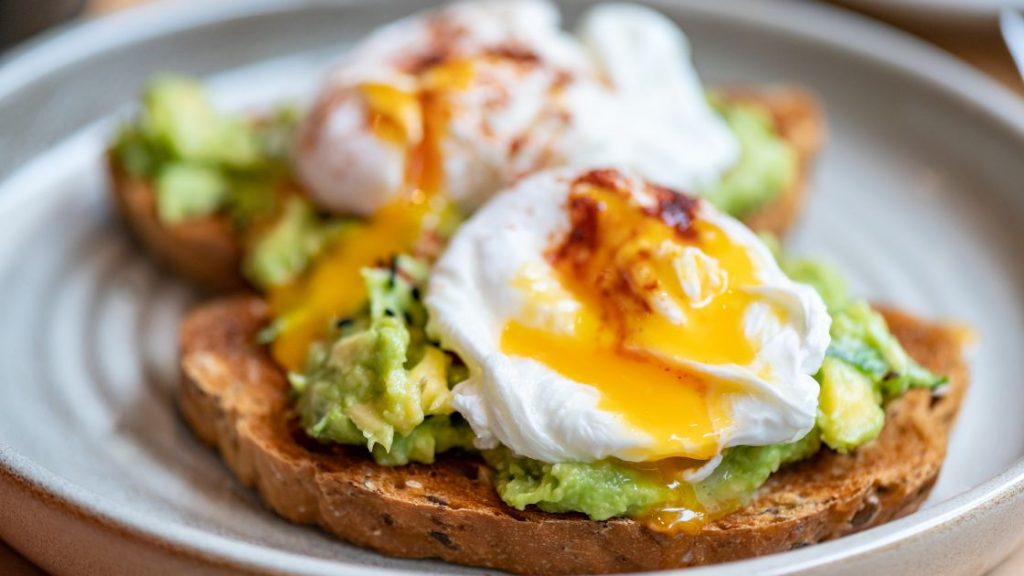Eggs are a food that contains several nutrients that are healthy for the heart, brain, and bones.
In fact, not every parent know the proportion of egg they can feed the kids.
When kids deny trying eggs at an early age can increase the chances of having an egg allergy. Nevertheless, eating too many eggs can cause food poisoning in babies.
Here is some advice that parents may use to know how much egg yolk can baby eat.
Egg Nutrition Facts
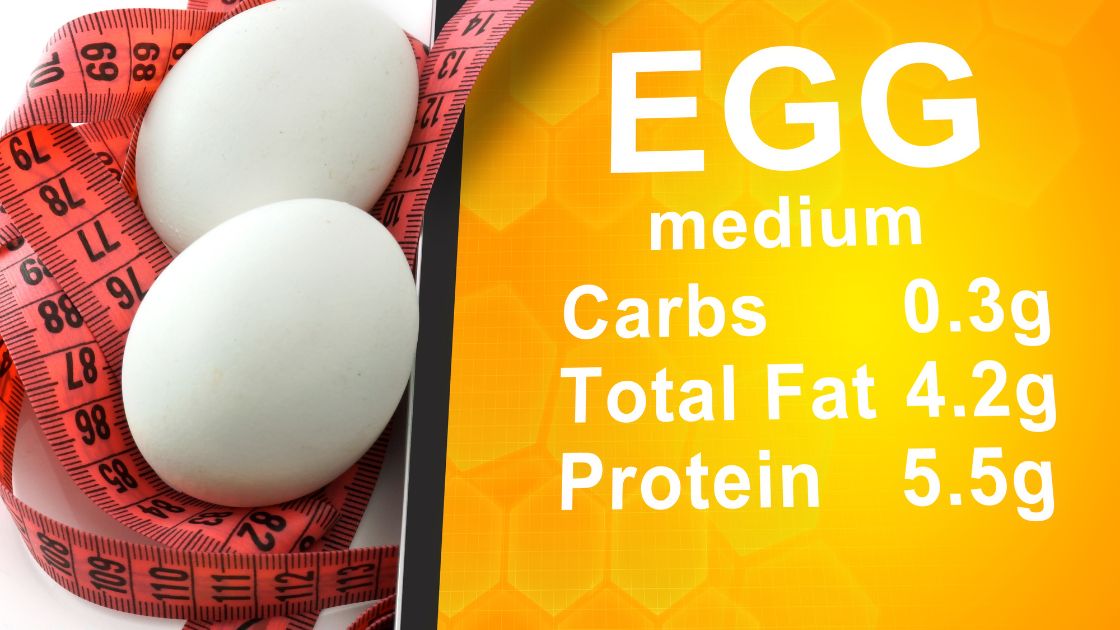
Over 6 grams of protein are in one egg, about half the toddler diet recommendation and almost a third of the older kid diet recommendation.
Additionally, because eggs include 13 different vitamins and minerals, they can significantly contribute to your child's nutritional requirements.
When consumed as part of a high-protein breakfast, eggs can increase a child's feelings of fullness and stave off hunger during the demanding school day. Eating eggs can improve focus and energy levels and lessen the need for additional snacks.
How Much Egg Yolk Can Baby Eat?
The Government of Canada's most recent research shows that whole eggs should be introduced starting at six months or as soon as your kid eats solids.
Experts have no longer advised postponing standard allergy introduction for a year. Studies suggest that the early introduction of whole eggs can reduce your baby's risk of becoming allergic to eggs.
To sum up the information about how much egg yolk can baby eat, we will make a column for a quick observation.
Age | Egg portion | |
|---|---|---|
Before 1 year old | Six to seven months | Half an egg/ meal, 2-3 meals/ week |
Eight to twelve months | An egg yolk/ meal, 3-4 egg meals/ week | |
After 1 year old | One to two-year-old | 3-4 eggs/ week, including egg whites |
Two year olds and up | An egg per day | |
Before 1 Year Old

Kids should consume only half an egg per meal from 6-7 months old, 2-3 times per week.
At six months, the infant should try a pureed or mashed version of one hard-boiled or scrambled egg. You can add breast milk, avocado, or water to make the mixture more liquid.
Another method for introducing eggs at this age involves well-cooked omelets cut into strips about the size of two adult fingers held together. This form makes it simple for infants to grip and feed themselves.
Infants from 8 to 12 months old can consume one yolk every meal and three to four egg meals per week.
Baby can start picking up smaller pieces of food at this age because the pincer grasp, formed by the thumb and pointer finger, is still developing. As a result, this is an excellent time to cut up omelets, scrambled eggs, or hard-boiled eggs into little, bite-sized pieces (quartered or small pieces).
Offer water in a cup and the hard-boiled egg to help with the dry yolk when using hard-boiled eggs. It is normal to continue offering omelet strips to a baby with trouble picking up little pieces of food.
Of course, you can always mix eggs with milk, formula, or foods like avocado or yogurt for scooping or pre-loaded utensils.
After 1 Year Old
Eat three to four eggs per week, including egg whites, for children aged one to two. Kids aged two and older can consume one egg daily (including egg white and yolk), depending on their taste preferences.
Try a multitude of egg preparations, breaking up omelets and hard-boiled. It is a terrific opportunity to practice using forks, and tiny omelet squares work well for this.
Another fantastic option to offer a healthy breakfast prepared ahead of time, frozen, and warmed is egg cups.
Additionally, using an egg cup enables young children to practice taking precise nibbles. Prepare an entire hard-boiled egg to serve. Try it out. Keep a cup of milk or water close by to help you wash the gritty yolk down.
Tips For Introducing Eggs To Baby
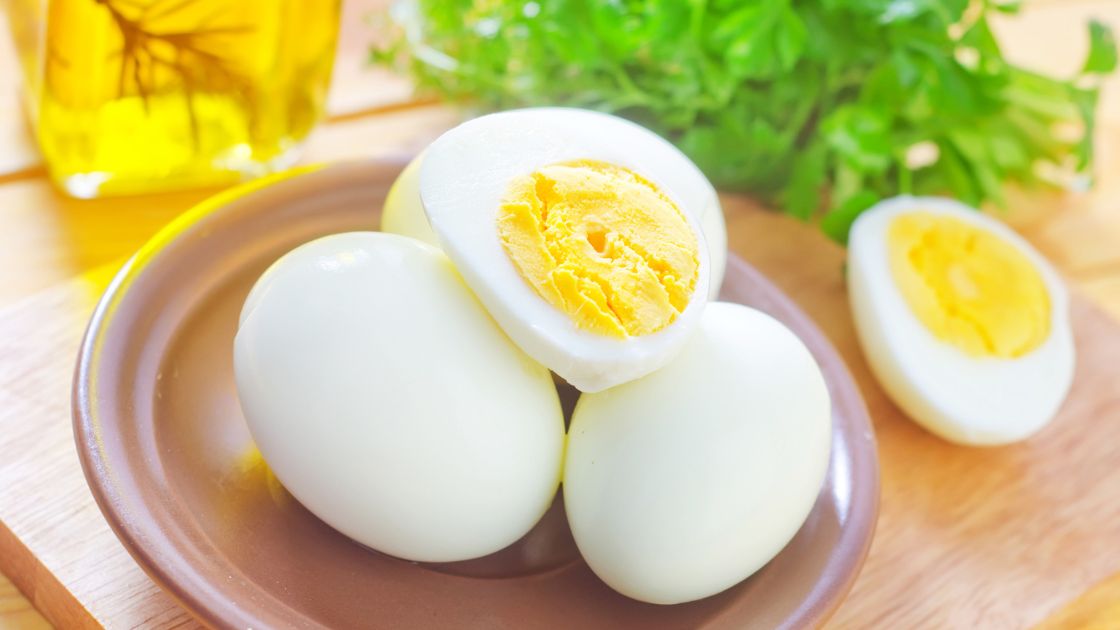
It is always advisable to gradually introduce new foods to a baby one at a time. In this manner, you can watch for reactions and clearly understand which food was the culprit.
Four days is one technique to introduce new foods. Introduce eggs to your child from day one to do. Then hold off introducing anything new to their diet for four days. Contact your child's pediatrician if you experience any allergic response or other sensitivity.
It is best to start with just the yolks when introducing eggs. The following are some suggestions for including egg yolk in your child's diet:
You can try mixing the whole egg with breast milk or whole milk after your child turns a year old or if your pediatrician gives the go-ahead. Adding entire eggs to pancakes, waffles, and other baked items is also acceptable.
Another excellent option to include whole eggs in your child's diet is simple omelets with soft vegetables and cheeses.
Eggs Recipes For Your Picky Baby
To avoid babies choking on eggs, we will separate all the recipes into two sections: before one year old and after one year old.
Before One Year Old
Vegetables And Scrambled Eggs
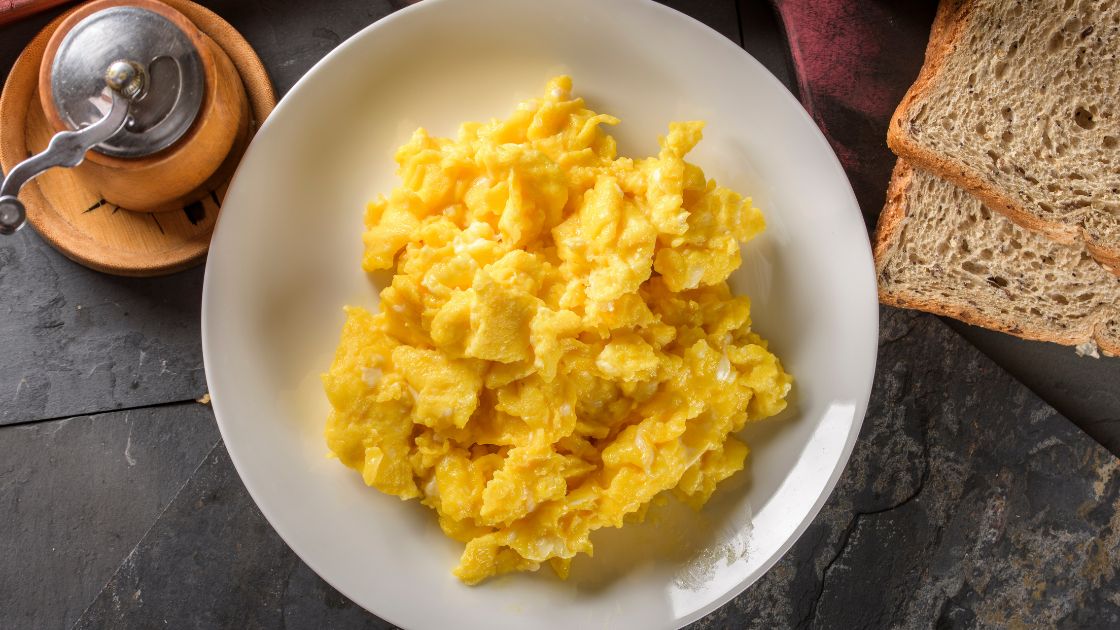
This egg dish will make your infants try with excitement for the first time trying eggs. Like the invisibility cloak Harry Potter wears, an egg can cover anything, such as many carrots and peas.
This recipe's appeal lies in its straightforwardness. The summary is as follows:
Ingredients
Instructions
Egg, Brown Rice, And Veggies
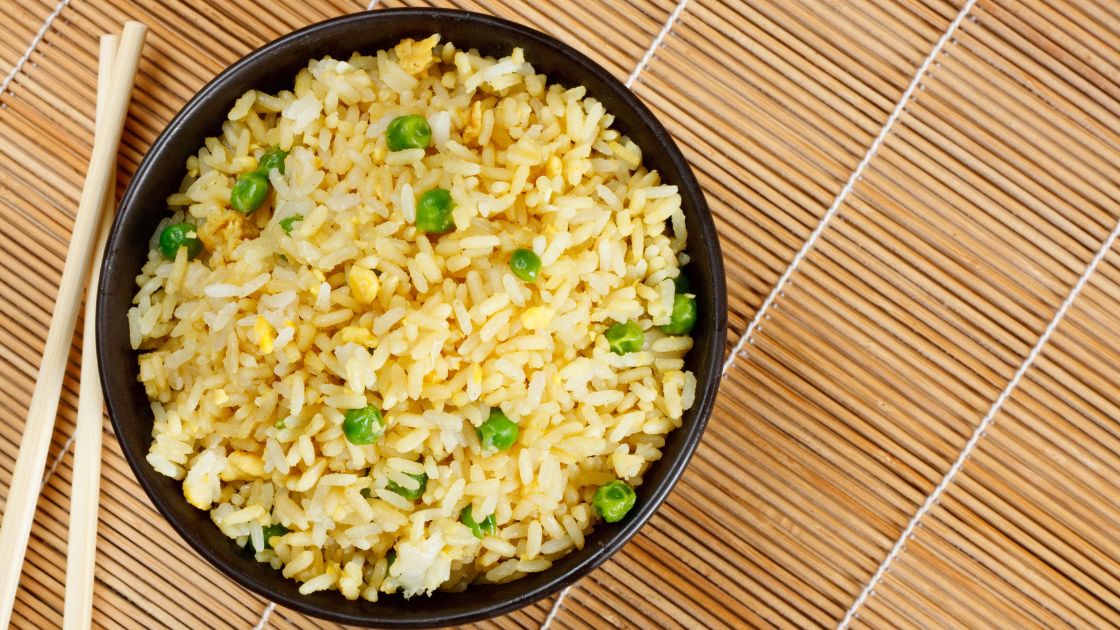
Numerous delicious meal suggestions for babies are just starting to experience.
Ingredients
Instructions
Tasty Bean With Egg Minced
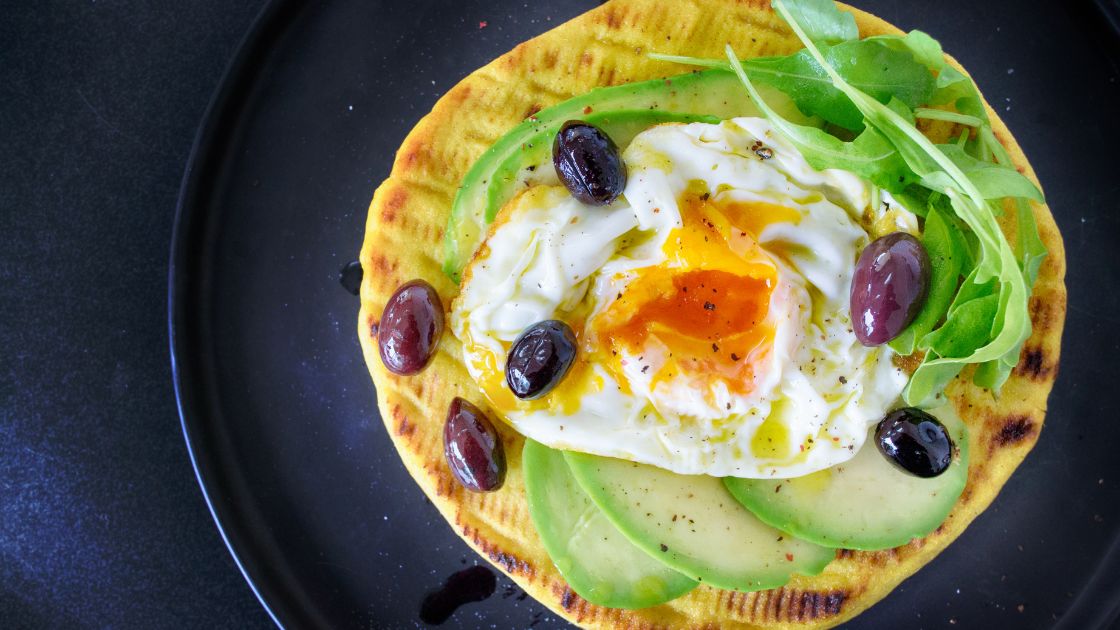
Another fantastic puréed baby food combo is this one. This dish makes a terrific on-the-go snack or food to pack while traveling with your baby because kids can serve it warm or cold.
Ingredients
Instructions
Hard-Boiled Egg Mashed
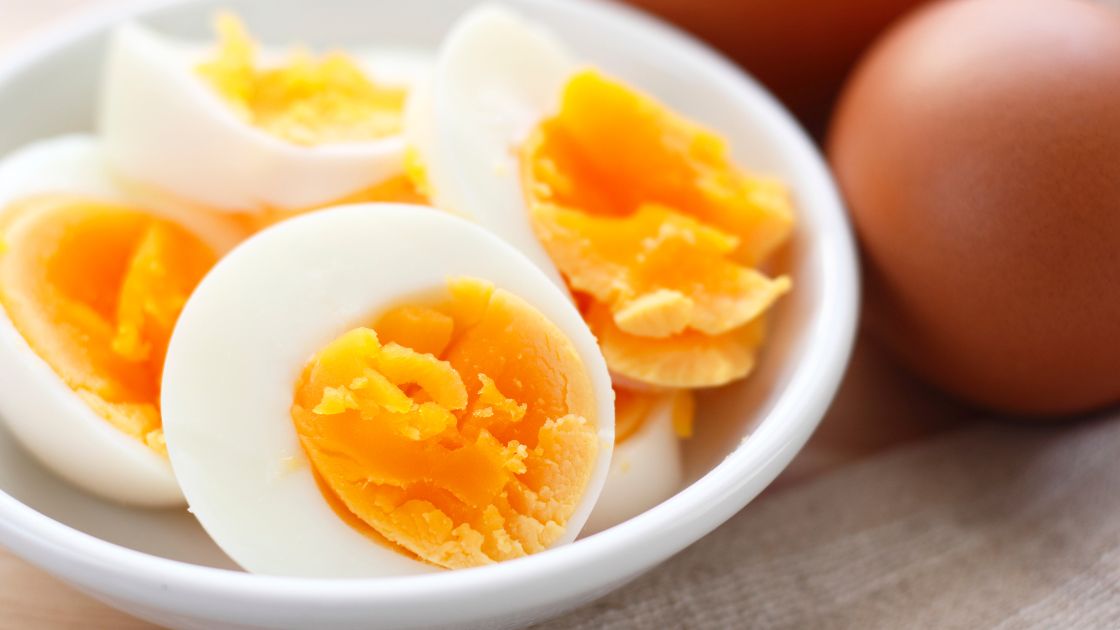
Nothing says fuss-free for mothers who wish to keep things simple, like a real hard-boiled egg for your kid.
Ingredients
Instructions
Omelet with tomato and basil

This omelet contains high-quality protein, vital nutrients for growing babies, such as calcium in cheese and vitamin C in tomatoes, as well as essential vitamins and minerals, including iodine, vitamin D, and omega-3 fatty acids from the egg.
Ingredients
Instructions
After One Year Old
Muffin-Sized Frittatas With Broccoli And Sweet Corn
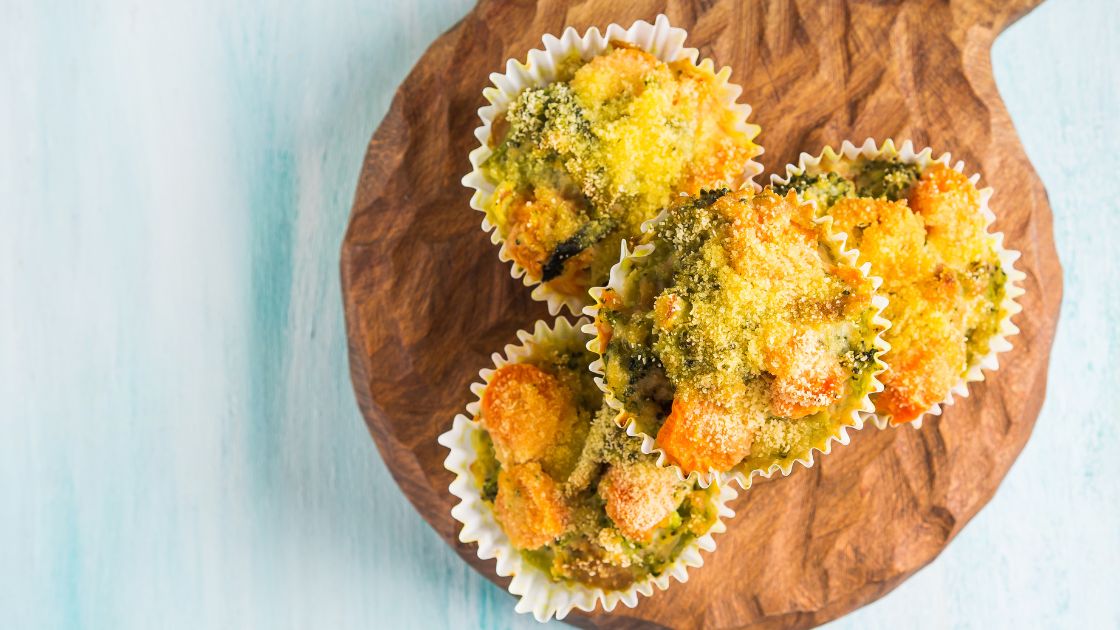
For babies and toddlers, frittata muffins are a terrific finger snack.
Baby and toddler (8 months and older) are suitable.
Ingredients
Instructions
Fruit-And-Yogurt-Topped Pancakes

Baby's first pancakes make a delicious finger snack nourishing because of the egg's essential vitamins, minerals, and high-quality protein. Yogurt for calcium and fruit to provide vitamin C to the dish. From six months, suitable.
Ingredients
Instruction
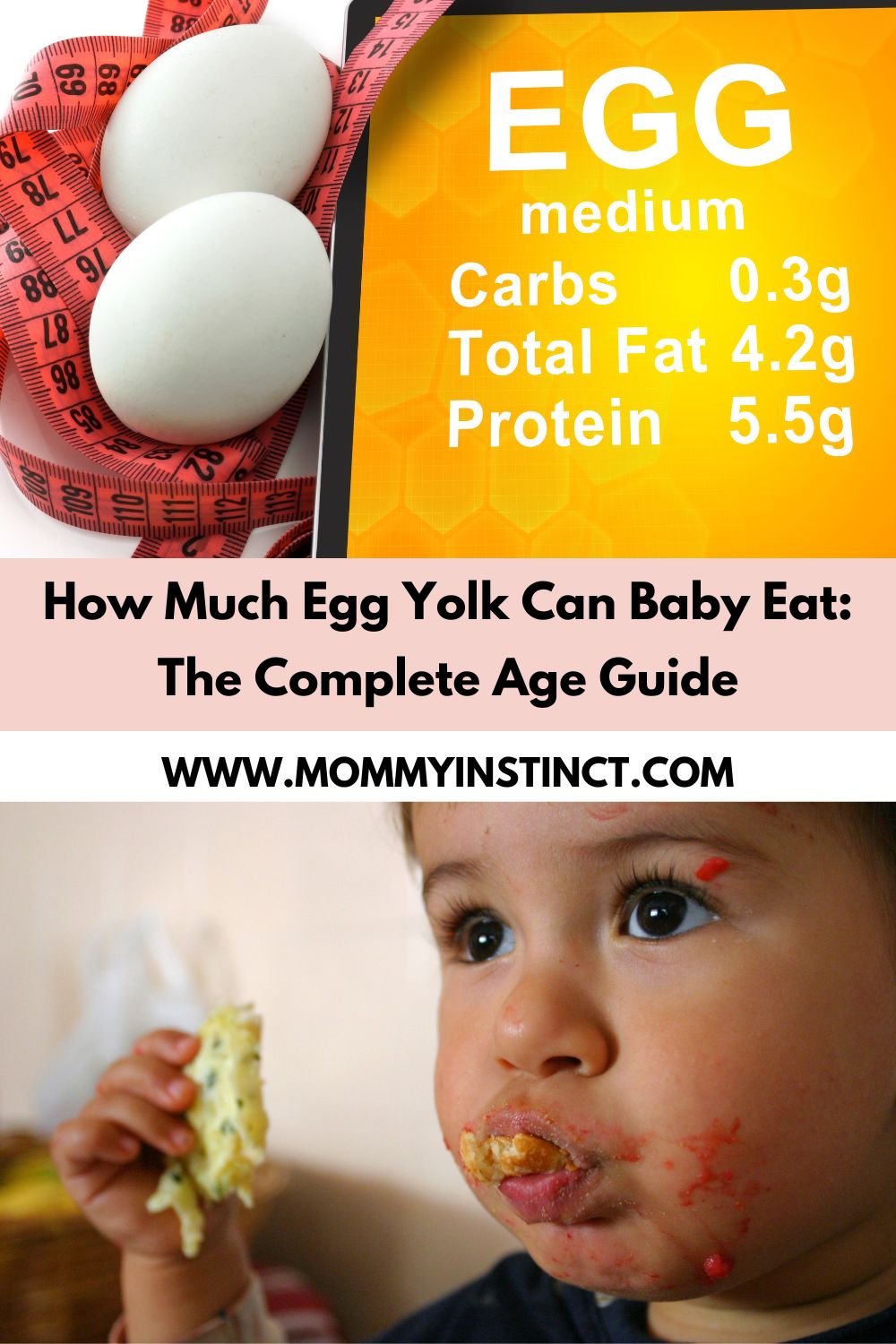
Conclusion
Nowadays, eggs are typically a secure early diet for infants.
To know how much egg yolk can baby eat, you need to know your infant's age. In general, a baby can start eating eggs at six months.
Remember that eggs are a common element in many baked products and other foods, frequently as a "hidden" ingredient if you suspect your child has an egg allergy. As you start feeding your child new foods, carefully read the labels.

